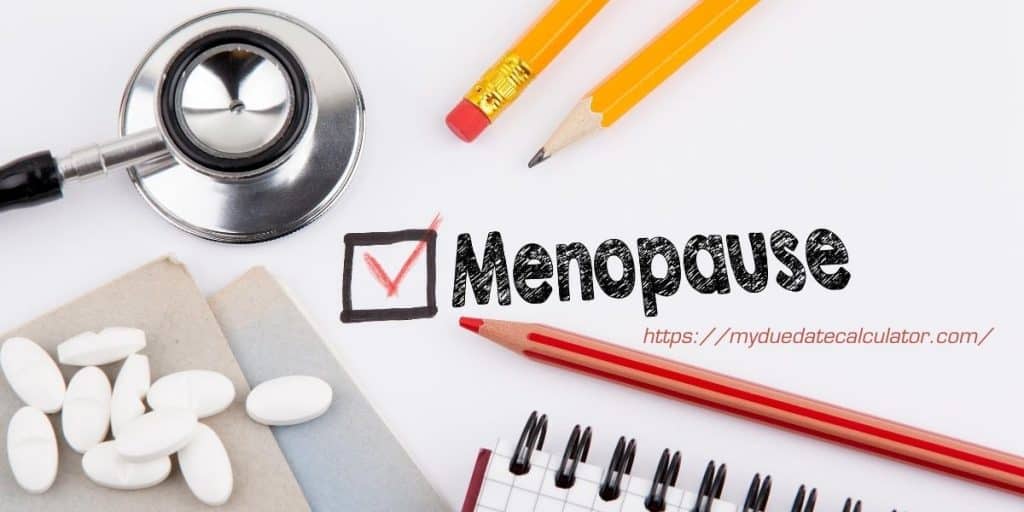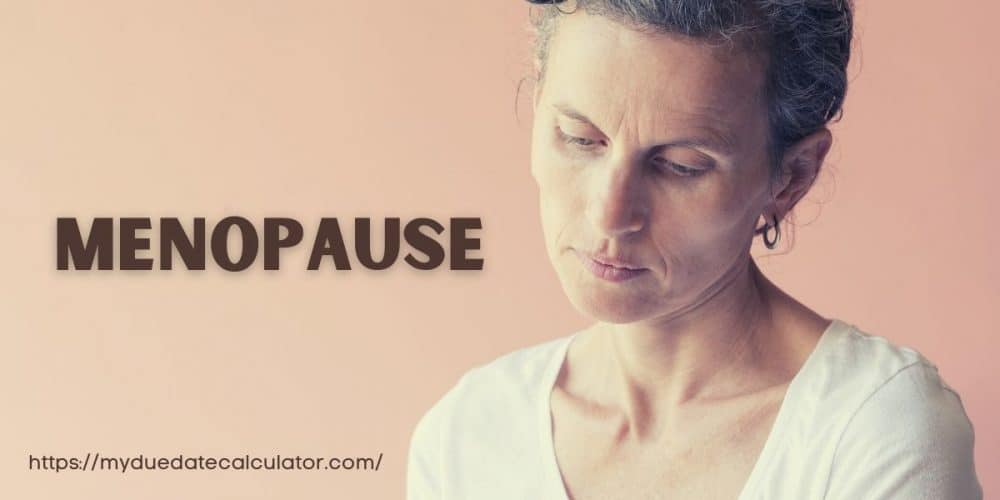Menopause is the state of the natural reduction in reproductive hormones as a woman steps into her 40s. It marks a gradual end for the menstrual cycles. Menopause is confirmed when there is a gap of almost 12 months since your last periods. Women gradually move towards this state once the ovaries stop releasing an egg every month. It usually takes place in the age bracket of 40-50 years. However, a lot of women can reach the stage earlier than that. It can be due to surgery like hysterectomy where the ovaries are removed, or a condition of damage to ovaries. The period of menopausal transition can be smooth for some women, whereas others might face some complications. Irregular period cycles and hot flashes are common symptoms that mark this phase.
Table of Contents
Stages of Menopause
Premenopause
It is the initial stage that is marked and followed by the 12 months without menstrual cycles.
Menopause
It either occurs naturally after the 12-month gap of periods or commences after surgical removal of ovaries.
Postmenopause
It is the stage a woman reaches years after menopause. It is, however, difficult to precisely understand when this stage starts.

Symptoms of Menopause
Several physical and mental changes are induced in the female body as they reach the stage of pre-menopause. Some of the signs and symptoms are as follows:
Lower Fertility
With the approach of menopause, the eggs produced by the ovaries become resistant to the female reproductive hormone, FSH. Additionally, the ovaries also stop producing estrogen. With a fall in estrogen levels, the chances of becoming pregnant also reduce.
Irregular Menstruation
An indication of menopause is when periods become highly erratic. They may be delayed as well as might come early, thus continuously varying the frequency. The amount of flow may also differ considerably in each cycle. However, irregular periods can also be a symptom of pregnancy or other gynaecological problems.
Vaginal Dryness
It is a common discomfort that women experience once they reach their pre-menopause stage. It may also cause difficulties while having sexual intercourse. Atrophic Vaginitis, which causes dryness, inflammation, and thinning of the vaginal wall, is a common symptom of approaching menopause.
Hot Flashes
These are frequent sensations where one suddenly starts feeling very hot (restricted mainly to the upper body). It usually begins with the face getting a burning sensation and continues to spread to the neck and body. Hot flashes also often result in excessive sweating or rashes on the skin.
Disturbed Sleep
Sleep disturbances occur for most women in this stage. They might start sweating suddenly at night or feel an increased need to urinate. Apart from this, increased levels of stress and anxiety also hamper sleep. Such conditions often start once women reach their mid-40s.
Emotional Changes
A constant stage of depression and anxiety are common symptoms before the onset of menopause. Women often get into a prolonged low mood phase and might get irritated quite often.
Trouble in Focusing
Women in this stage might find it hard to retain things in their memory. Women need to remain physically and mentally active once they reach this stage.
Physical Changes
Certain physical changes, like fat deposition around the abdomen, changes in hair texture and volume, abnormal weight gain are typical symptoms of menopause.
Risk of Other Health Conditions
The hormonal changes that take place during menopause increase the risk of some diseases. Osteoporosis, cardiovascular diseases, and breast cancer are some of the common illnesses that might set in during menopause.
Treatment for Menopause
Even though it is a natural transition, menopause can cause several physical and mental changes for which medical attention might be needed. Here are some of the conventional medical treatments:
Hormone Therapy
This treatment balances the reduced levels of estrogen and progesterone by providing synthetic supplements of the same. The therapy also provides medicines and ointments for symptoms like hot flashes and skin rashes. However, people with heart or liver ailments, gall bladder, and breast cancer cannot be given this therapy.
Topical Hormone Therapy
This is usually a cream or an ointment that helps in reducing discomfort arising from vaginal dryness.
Non-hormone Medication
There are different medicines for different conditions that might take place during this time—for example, paroxetine for hot flashes and clonidine for blood pressure. Particular medication, like SERMs, helps the body use its estrogen to solve many complications that arise during this time.
Medicines for Osteoporosis
This is a condition where bone density significantly reduces, making the bones brittle and prone to fracture. Vitamin D, as well as calcium supplements, should be taken so that severe osteoporosis can be avoided.
Lifestyle Changes
For somebody suffering from frequent hot flashes, it is essential to drink lots of cold water or stay near a fan. Regular exercise is vital to staying healthy. Reducing smoking and drinking habits will reduce the chances of being attacked by other diseases. Eat different varieties of foods with essential nutrients that the body needs after a certain age.
Complications After Menopause
The reduced levels of estrogen cause some common complications in women. They might have lesser bone density, lower bladder capacity, wrinkles, and weaker muscles. Some women are at risk of getting Alzheimer’s, while some may have a weaker vision and reduced muscle strength. Another common phenomenon is the lack of sex drive, which is a result of vaginal dryness. However, it is advised to have an active sex life because blood flow in the vaginal areas keeps the tissues healthy.
Menopause can also occur in women during middle age. It is important to understand that this is a stage and not an ailment. Significant changes in lifestyle or relationships can have a considerable impact that causes early menopause. When more than one symptoms start appearing, one might start feeling sick and unusual. It is vital to consult the doctor before these conditions get too overwhelming. Even though there are a lot of complications that might arise after menopause, it is rarely a direct cause of some diseases. Most of the changes are short-lived, and women have active, healthy lives for a long time after menopause.
